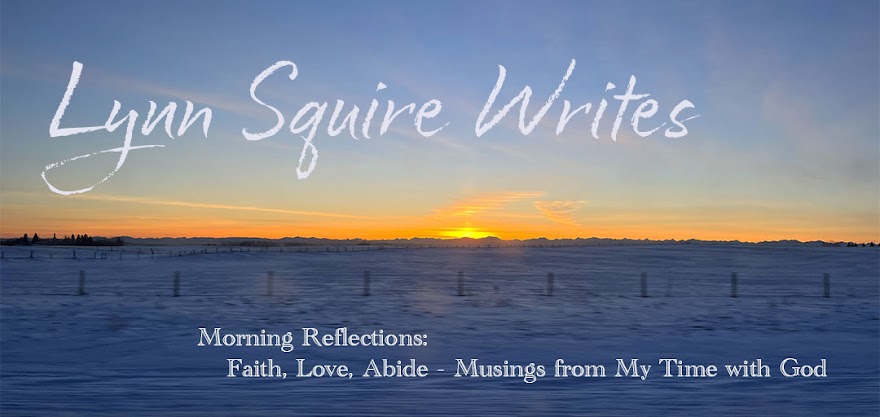“And I sought for a man among them, that should make up the hedge, and stand in the gap before me for the land, that I should not destroy it: but I found none. Therefore have I poured out mine indignation upon them; I have consumed them with the fire of my wrath: their own way have I recompensed upon their heads, saith the Lord GOD.” Ezekiel 22:30-31

This section (Ezekiel 21-24) is perhaps the most difficult part of Ezekiel to read. God pictures Israel and Judah as daughters who have gone very bad and done very evil things. You can feel the intensity of His grief and anger and anguish.
The descriptions of their evil acts are hard to read. God’s heart is broken. He rages against them. And yet, He seeks for someone to intercede, to stand in the gap, to stop Him from having to pour out His wrath on them. No one could.
I imagine a father seeking an explanation for the way his daughters behaved. Someone to give Him a reason to not punish them. But there was no one, and so the full brunt of his fury would fall on these two beloved daughters, Ahola and Aholibah (Israel and Judah).
However, God would not tolerate any other nation rejoicing over the fall of Israel and Judah. The Ammonites, the Edomites, the Moabites, Tyrus, and others would suffer judgment as well, because they rejoiced against God’s beloved children.
As a father who would tolerate no one to speak evil of his children even when those children had done wrong, so God would not tolerate the evil speech and actions of the other nations against the children of Israel. These nations would feel the wrath of God as well.
Can you, through these chapters, see the love of God? He seems harsh and angry and unapproachable. For a few years of my own life, I thought that I served an angry God. I didn’t understand the agony God was going through over how His children behaved because He loved them so much.
I wonder if Daniel didn’t understand all this as well.
Daniel was a part of the first group of Jews to be taken to Babylon. He purposed in his heart to walk uprightly, choosing not to be defiled by the Babylonians who were bent on causing the Jews to embrace their culture and religion. In Daniel 9, Daniel is reading the books, especially Jeremiah’s and is greatly convicted. By this time, he’d already been in captivity for approximately 67 years. He’d watched the next two groups of Jews be brought into exile from Judah and Jerusalem, and he’d likely heard of the complete destruction of the temple and the city. At the time of his reading of Jeremiah’s writings, he was likely aware that Zerubbabel was either on the way to Jerusalem to rebuild the temple or perhaps even there.
Daniel would have heard about Ezekiel’s prophecies. The book of Ezekiel may very well have been included in his readings. And I find his response awe-striking:
“And I prayed unto the LORD my God, and made my confession, and said, O Lord, the great and dreadful God, keeping the covenant and mercy to them that love him, and to them that keep his commandments; We have sinned, and have committed iniquity, and have done wickedly, and have rebelled, even by departing from thy precepts and from thy judgments:” Daniel 9:4-5
Daniel’s response was of utter devastation. It seems he finally understood why his people had been exiled. He’s at the end of his life. He’s lived through many hard things and has been counted righteous for his faith and determination to do right (see Ezekiel 14:14-21). I wonder, though, if through his life he never fully grasped the great sins of his people. Now, having read about them, he’s completely struck by the horror of it.
And yet, his response is to say that God is loving and merciful and forgiving.
Time and time again, I am struck by the simple fact that to find mercy and grace, one must understand the sin and accept the consequences that requires one to need mercy and grace. How important is it to not only have remorse, but to willingly accept the fallout from our actions, in order to be able to receive healing.
God looked for someone to stand in the gap for Israel, but there was no one. So, the repercussion of their sins fell on them. All praise and glory go to God because He has provided One to stand in the gap for us: His Only Begotten Son, Jesus Christ.
God speaks of Him in Ezekiel 21:27 (Christ, the King who would receive the crown). Daniel believed and wrote that the Messiah would come (Daniel 9:25-27).
Today, we have salvation handed to us. Jesus Christ stands in the gap between us and God because He took the punishment of our sins upon Him when He hung on the cross. Now, when God looks on us, He sees Christ’s shed blood covering us. To Him be all glory, honor and praise.
For further study, read Ezekiel 21-2 and Daniel 9-11.
“At the beginning of thy supplications the commandment came forth, and I am come to shew thee; for thou art greatly beloved:…” Daniel 9:23
“Then said he unto me, Fear not, Daniel: for from the first day that thou didst set thine heart to understand, and to chasten thyself before thy God, thy words were heard, and I am come for thy words.” Daniel 10:12

